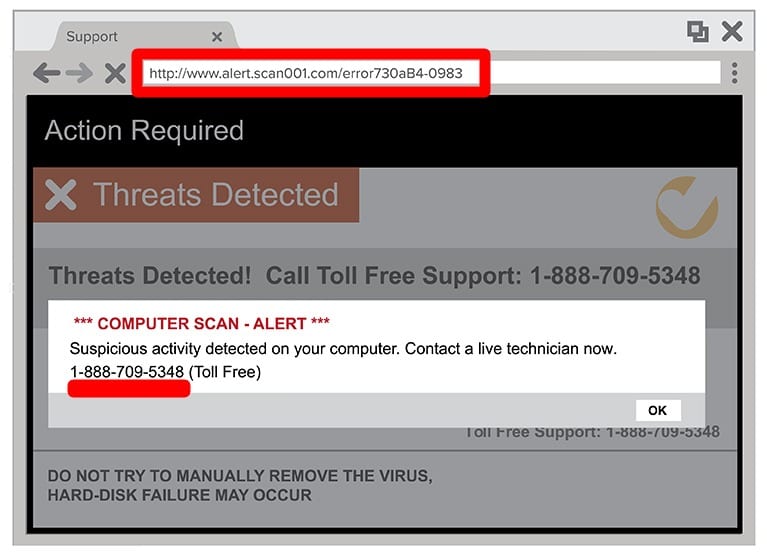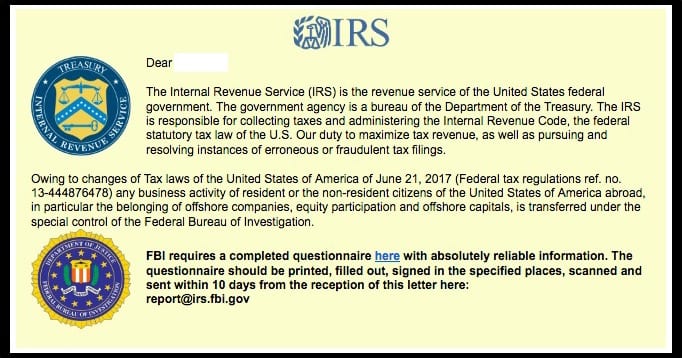Why So Pop Up Continue When Blocked
Have you ever been browsing a website when suddenly an ad pops up out of nowhere? These pop-up ads are not only annoying, and some of them can even redirect you to a malicious site. Here's what causes pop-up ads and how to remove them.
What Are Pop-up Ads?
Pop-up ads are one way web developers and companies make money. However, they can also be used by hackers to steal your personal information (such as your bank details). Clicking pop-up ads can redirect you to sites that can infect your computer and system files.
What Causes Pop-Up Ads?
1. Adware
Adware (or advertising-supported software) is a type of malware (or malicious software) that hides on your computer and automatically displays advertising material when you are online.
If you've been getting annoying pop-up offers appearing on your screen, your computer might be infected. This software usually gets into the system through other free software that users willingly install.
2. Tech Support Scam
Tech support scammers swindle money from unsuspecting victims. These scammers used to call the victims themselves, but they often use pop-ups now to convince users to call them.
Most tech support scammers will try to scare you into thinking you have a problem with your computer, such as a virus. If you have ever received a pop-up window that warns you about an issue on your computer, it might have been a scam.
Many of these pop-ups look like they are from a well-known company. They often use logos from antivirus companies or your operating system. One easy way to tell if a pop-up is real is to look at the URL. If the pop-up claims that it is from Apple, the URL should say "Apple.com/…" If the URL looks suspicious, do not click on anything and close your browser.
Another way to tell that a pop-up is a scam is if it tells you to contact a phone number. According to the Federal Trade Commission, you will never be asked to call a phone number by a real security warning.

If you end up calling the number, scammers or hackers could end up stealing your private information. Many of these scammers ask users to give them remote access to their computer. Once they're inside your computer, they can steal your information or try to sell you services to remove viruses that are not there.
3. Ransomware
Ransomware is a type of malicious software that hackers use to take control of a victim's computer. The software can block users from accessing their files until they pay a ransom, usually in untraceable Bitcoin.
Some forms of ransomware can employ web browsers to display pop-up notifications that accuse the victim of violating laws. These messages can look like they are from the FBI, IRS, or other government agencies. These messages can scare users into believing that they were involved with child pornography or downloading movies illegally.

If your computer does become infected with ransomware, the FBI warns you against paying the ransom.
"Paying a ransom doesn't guarantee an organization that it will get its data back," says FBI Cyber Division Assistant Director James Trainor." "We've seen cases where organizations never got a decryption key after having paid the ransom."
Instead, the FBI recommends you report the incident to the Internet Crime Complaint Center.
You can prevent pop-up ads from showing up by taking the following steps:

How To Prevent Pop-Up Ads
- Do not click on links from unknown senders

While your email client might filter out a lot of spam, it won't catch everything. If you suspect a link is malicious, hover over it with your mouse until you see the URL at the bottom of your screen. If the URL looks wrong, do not click it.
This will help prevent you from downloading malware to your system. However, you can still get malware on your system no matter how safe you are.
- Never do the default installation
Whenever you install an application, always select the "Custom" or "Advanced" installation option rather than the default installation. This way, you can see if the program you're going to install will download extra software to your system.
As you go through the download process, look for a step that will say something like, "would you like to download MacKeeper?" If you do the default installation, these programs will be automatically downloaded and installed, but if you do the custom or advanced download, you can choose not to install these.
- Refuse any default changes
Do not accept offers that say they will change your start page or default search engine. These programs often come with tons of malware that can infect your computer with adware or another type of malware.
- Enable the pop-up blocker in your browser
While most browsers automatically block pop-ups these days, there is a chance that yours has been disabled or is not configured correctly. You can also stop pop-up ads before they start by downloading a pop-up blocker extension to your browser. If you want to know how to remove pop-up ads, check out the steps below.
How To Remove Pop-Up Ads
- Remove any bad programs
If you started getting pop-ups after downloading a program, try uninstalling it. Then restart and see if that helped. If you don't recognize a program, it might be causing the problem.
But be careful, uninstalling certain applications can cause serious problems with your computer.
- Download a malware scanner
There are many free programs, like Malwarebytes or BitDefender, that will detect and remove malware from your computer. Some of them even tell you which programs are causing you problems.
- Restart in Safe Mode
If your pop-ups are making it difficult for you to use your computer, you should restart in Safe Mode. This will only start the necessary applications that your computer needs to run. From there, you can search for any odd applications to delete or run your malware scanner.
Now that you know how to remove pop-up ads, check out our list of the best ad blockers to keep your computer safe.
If you are still having trouble removing your pop-ups, you can always talk to a real person here at HelloTech. One of our technicians would be happy to go through the issue with you.

Source: https://www.hellotech.com/blog/what-causes-pop-up-ads-how-to-remove
Post a Comment for "Why So Pop Up Continue When Blocked"